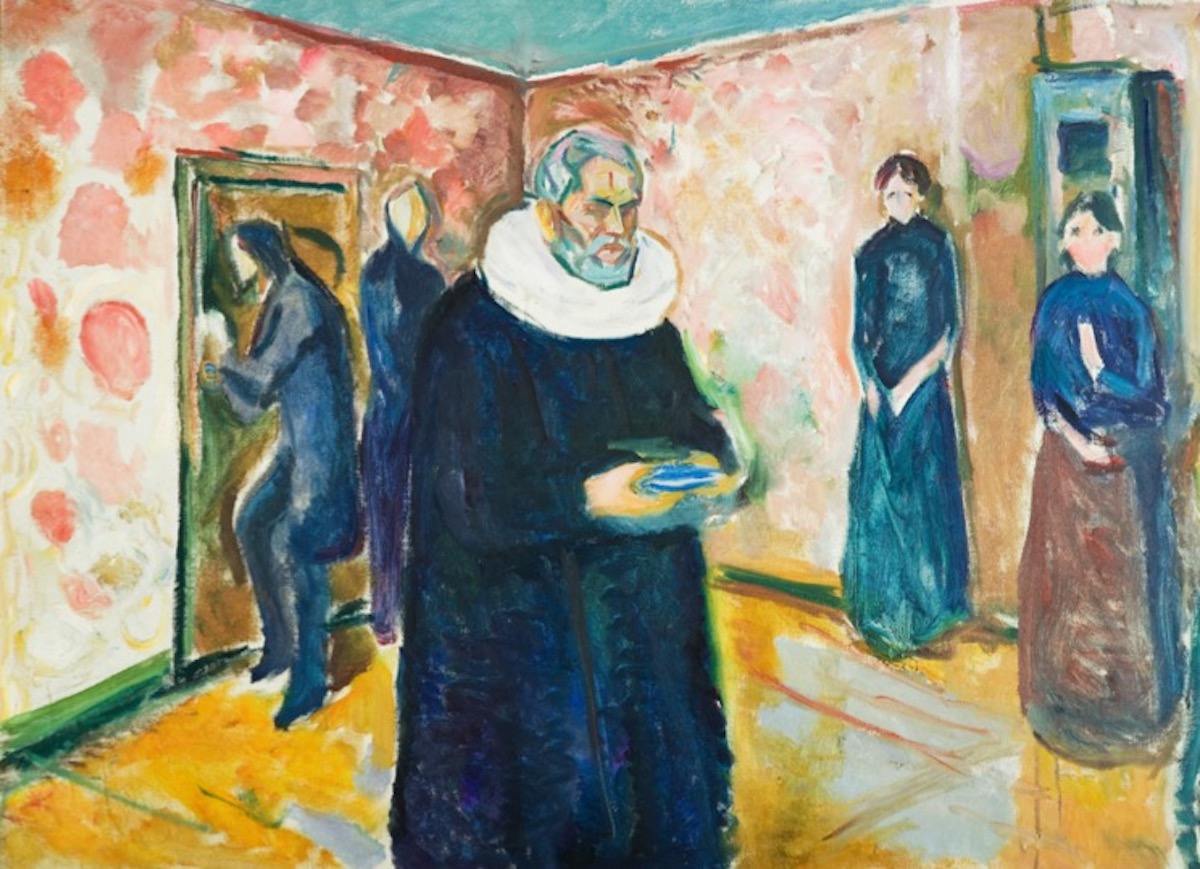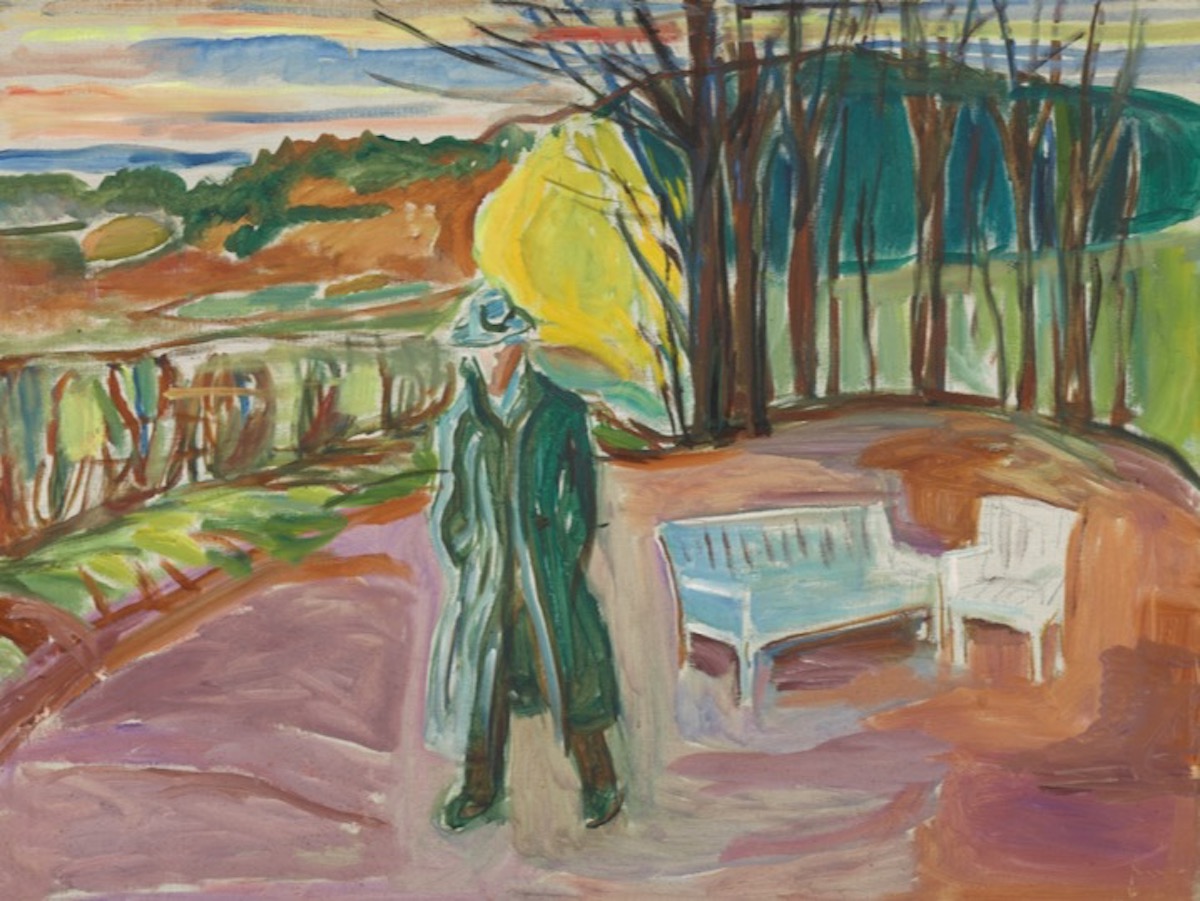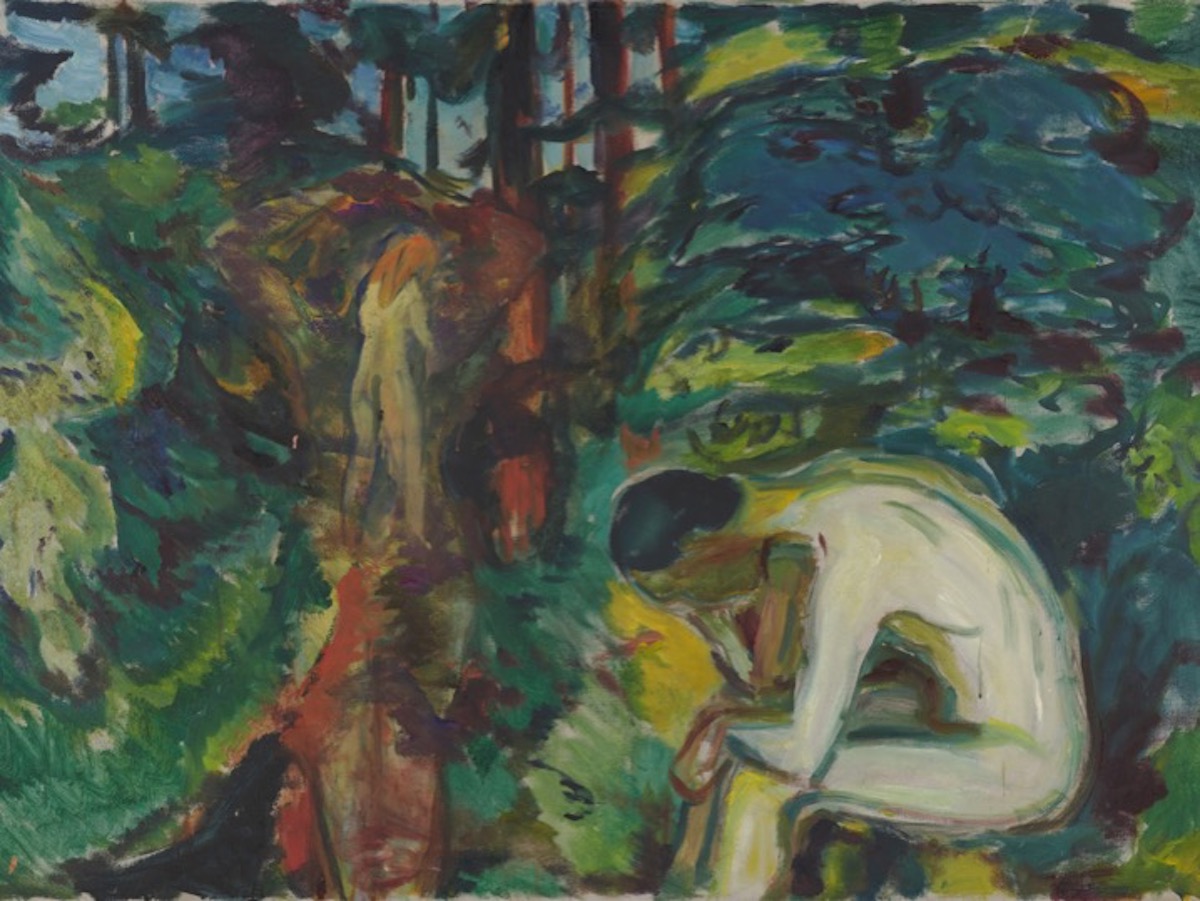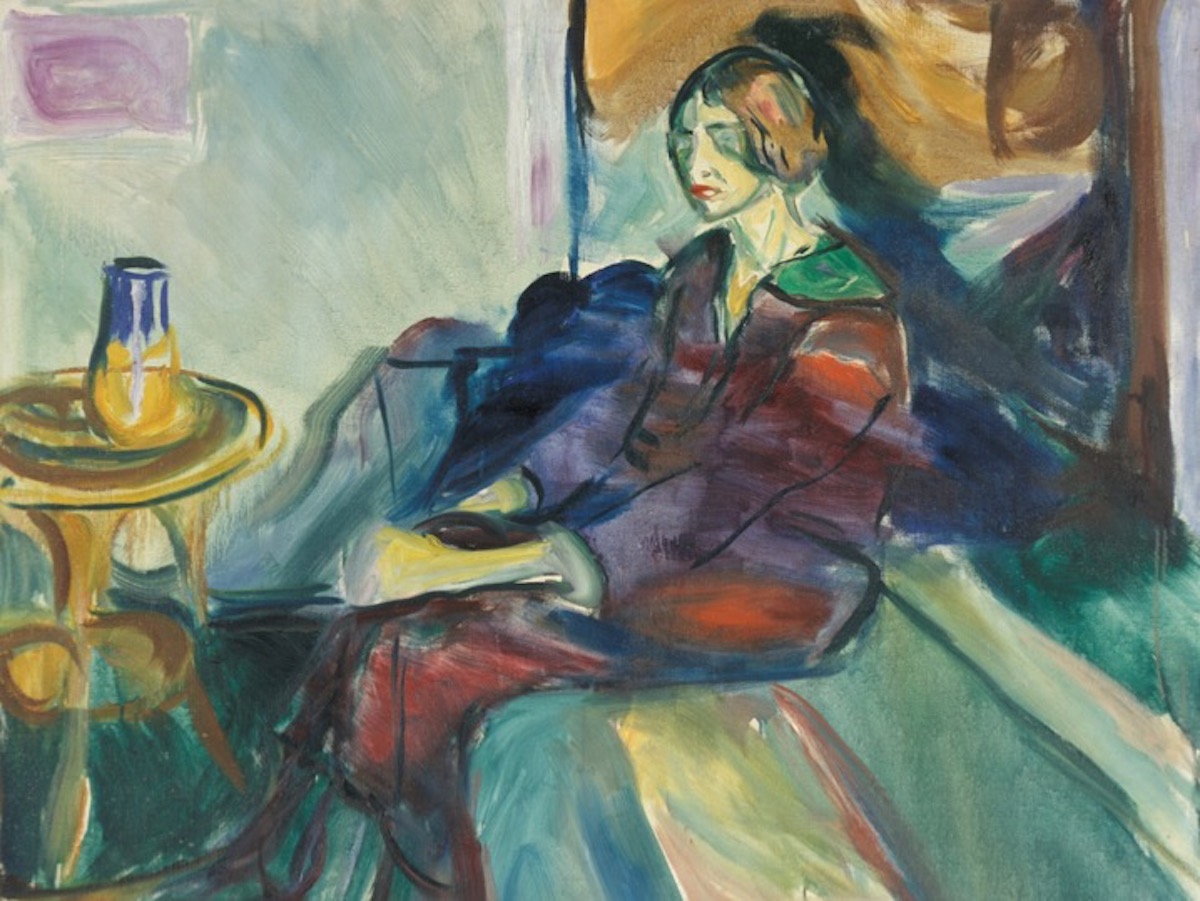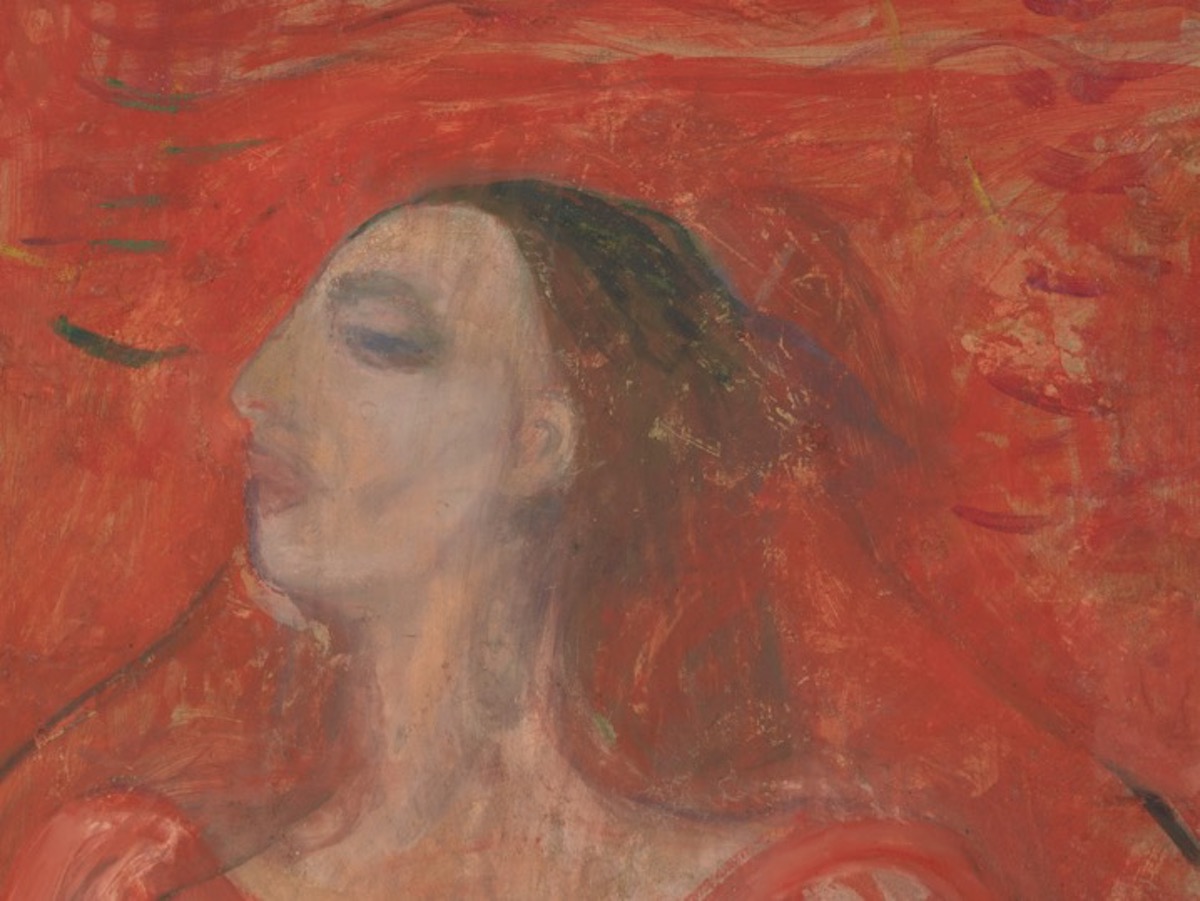Research
Solitude has always been perceived as problematic: beneficial for a few; debilitating for the many. Our current health concerns about solitude are framed by this long and largely neglected history.
This project aims to remedy this neglect by undertaking the first health-related history of modern western solitude. It will yield unprecedented insights into one of humankind’s most fundamental experiences, and one of contemporary society’s most complex health challenges.
Solitude, Spirituality and Inner Presence
Premodern solitaries were thought to be in God’s presence. Modern psychologists postulate the presence of internalised ‘others’ who populate our solitude. Our project examines changing ideas about solitary presence and their implications for human subjectivity.
Solitude, Melancholy and Depression
From antiquity onward solitude has been linked to melancholy and its modern equivalent, depression. We investigate this long history and its psycho-social legacies.
Voluntary Solitaries: Loners, Introverts, Misanthropes
People who prefer solitude to the company of others have long been regarded as eccentric, even mad. We examine this pathologisation of the reclusive self and ask whether social media is making us more or less antisocial.
Involuntary Solitudes
Exiles, castaways, prisoners: history shows us many people who have suffered unwanted solitude. We explore this experience, past and present, and its impact on people’s physical and psychological health.
Solitude, Loneliness and Modernity
Today loneliness is said to have reached epidemic proportions. Our project asks when and why modern people became so lonely and what can be done about it.
Solitude and Gender
Does gender shape our experience of solitude? We look at the effects that social constructions and expectations of gender can have on our encounters with aloneness.
Solitude, Diversity and Inclusion
Identity is a key part of understanding what it means to feel alone. We examine experiences of social difference and the way they can shape our perspective on isolation, loneliness and solitude.
Publications and Media
You can see a selection of work by members of the project team below.
Online features
- Barbara Taylor, ‘Solitary Citizens: the Politics of Loneliness’, Guardian.
- Barbara Taylor and David Vincent, ‘Solitude and COVID-19’, History Workshop Online.
- Barbara Taylor, ‘Robinson Crusoe and the Morality of Solitude’, Wellcome Collection Stories.
- Barbara Taylor, ‘Are We More Lonely Than Our Ancestors?’, BBC Free Thinking Online.
Articles
- Charlie Williams, ‘Public Psychology and the Cold War Brainwashing Scare’, History of Psychology (2020).
- James Morland, ‘’Master Tommy Lucretius’: Thomas Gray’s Posthumous Life Writing and Conversing with the Dead in his Poetry to Richard West’, European Journal of Life Writing 9 (2020).
- James Morland, ‘We All Got Poetry and Life is Rich’, European Journal of Life Writing 9 (2020).
- Barbara Taylor, ‘Philosophical Solitude: David Hume versus Jean-Jacques Rousseau’, History Workshop Journal 89 (2020).
- Barbara Taylor, ‘A Paradoxical Privacy: Solitude and the Inner Voice in the Writings of Denise Riley’, Feminist Theory 21:3 (2020).
- Akshi Singh, ‘Keywords in Lipstick‘, Critical Quarterly 61:3 (2019).
- Charlie Williams, ‘’On ‘modified human agents’: John Lilly and the paranoid style in American neuroscience’, History of the Human Sciences 32:5 (2019).
- Barbara Taylor, ‘Separations of Soul: Solitude, Biography, History’, American Historical Review 114:3 (2009).
Journal Special Issues
- Akshi Singh and Eve Dickson (eds.), ‘Marion Milner: Modernism, Politics, Psychoanalysis’, Critical Quarterly (December 2021).
Book Chapters
- Barbara Taylor, ‘Rousseau and Wollstonecraft: Solitary Walkers’, in H Rosenblatt and P Schweigert (eds.), Thinking with Rousseau: From Machiavelli to Schmidt (Cambridge University Press), 2017.
Radio, podcasts and lectures
- ‘Being Alone‘, the LSE Philosophy Forum (Barbara Taylor in conversation)
- ‘A Short History of Solitude‘, Radio 4, BBC (interview with Barbara Taylor).
- ‘The long history of solitude as both a blessing and a curse’, The Sunday Edition, CBC Radio (interview with James Morland).
- ‘The Anatomy of Loneliness’, Radio 4, BBC (interview with Barbara Taylor).
Colloquium Papers
Between 2019 and 2022, the Pathologies of Solitude project hosted six research colloquia. You can read a selection of papers from each colloquium here.
